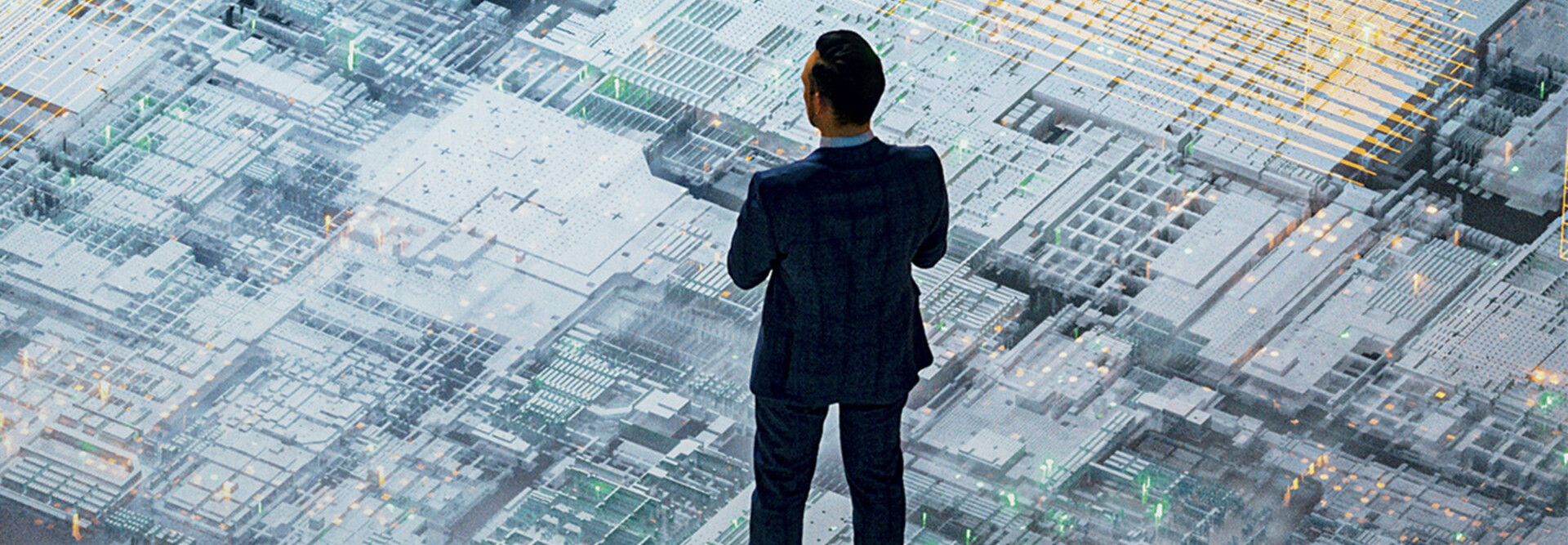What Is Quantum Computing?
Quantum computers differ from traditional computers in one fundamental way: traditional computers’ building blocks are bits of data that can have the value of 0 or 1, like an on-off switch. Quantum computers, on the other hand, are built on qubits, which can hold the value of 0, 1 or any number in between.
There are naturally occurring qubits in the universe, including ions, atoms and photons, as well as man-made qubits, known as superconducting qubits, West notes. The latter need to be kept at extremely cold temperatures (around minus 273 degrees Kelvin), which often requires them to be encased in specialized refrigerators. (The most common images of quantum computers feature the gold “chandeliers” that encase those fridges.)
Qubits’ superposition state can never be measured (the minute anyone tries, it flattens into a 0 or 1), and multiple qubits can be entangled together. These properties give quantum computers their power, allowing scientists and engineers to solve distinct classes of problems, West says.
EXPLORE: How to get zero trust architecture right from the outset.
The first is simulating natural processes, which can be used to generate new compounds for materials sciences or for developing personalized drugs. The second involves solving complex algebraic math problems, such as artificial intelligence or encryption problems. And the third involves optimization problems, which is where quantum computing speeds up the time it takes to solve problems.
Currently, quantum computers require lots of money and energy to build and maintain, says Jon France, CISO of (ISC2), a nonprofit cybersecurity association. “They are huge. They’re not small, they’re not commoditized, and if we look at the horizon, it’s probably going to be another three to 10 years before they become commercially viable. Even then, they’re likely to be relatively expensive.”













